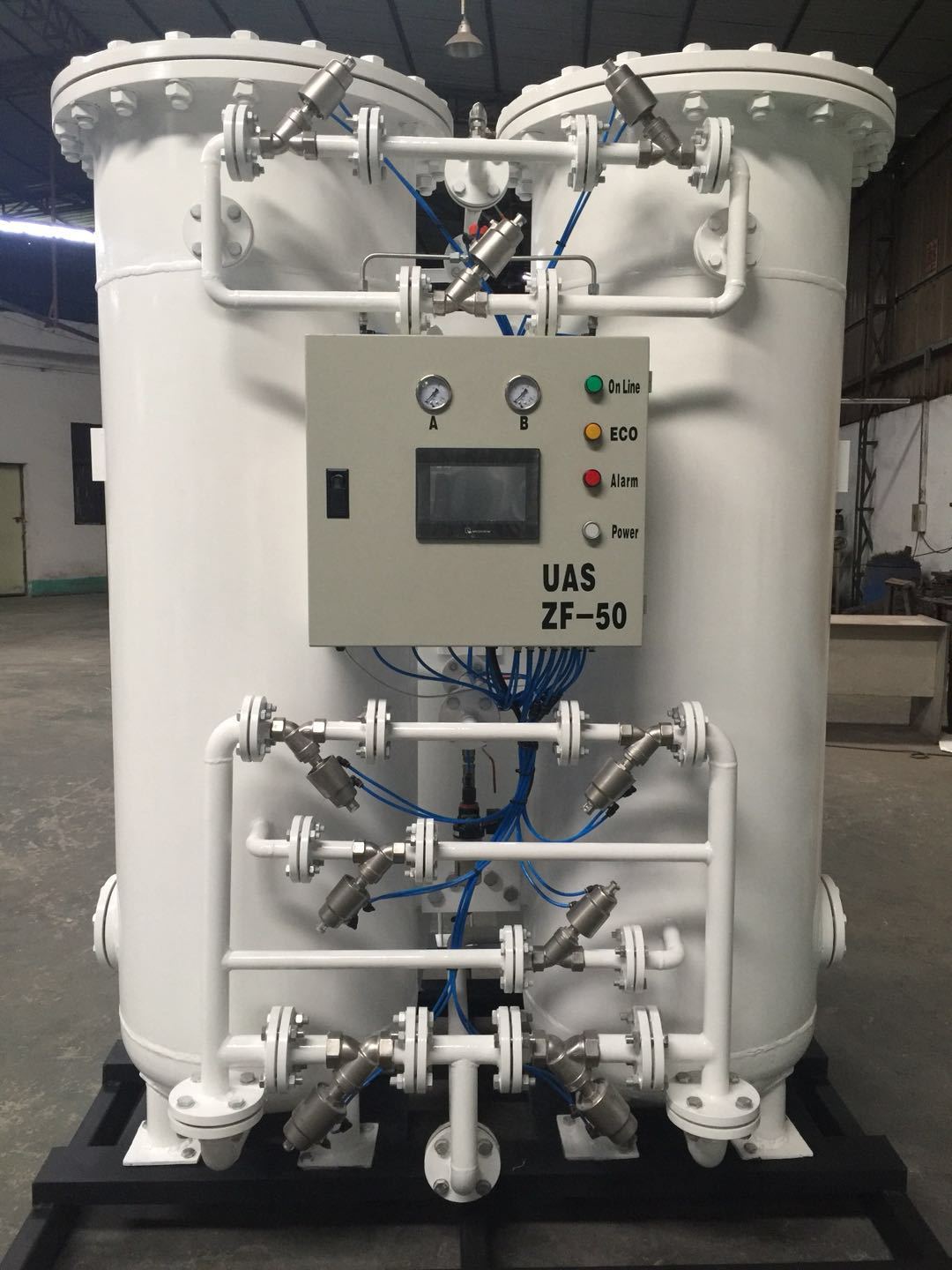Physical and chemical properties of nitrogen
Release time:
2019-01-29
Physical and chemical properties of nitrogen
It can remove oxygen and moisture from the grain pile, and when the nitrogen concentration reaches about 99%, the effect of inhibiting mold is significant. Nitrogen, with the chemical formula N2, is a colorless and odorless gas under normal conditions, and generally, nitrogen has a lower density than air.
Nitrogen accounts for 78.08% (volume fraction) of the total volume of the atmosphere and is the main component of air. Under standard atmospheric pressure, it turns into a colorless liquid when cooled to -195.8°C and into a snow-like solid when cooled to -209.8°C.
Nitrogen is chemically inert and rarely reacts with other substances at room temperature, so it is often used to make preservatives. However, under high temperature and high energy conditions, it can undergo chemical changes with certain substances and be used to produce new substances useful to humans.

Key words:
Chemical properties, nitrogen, substance
Previous Page:
Related Support


